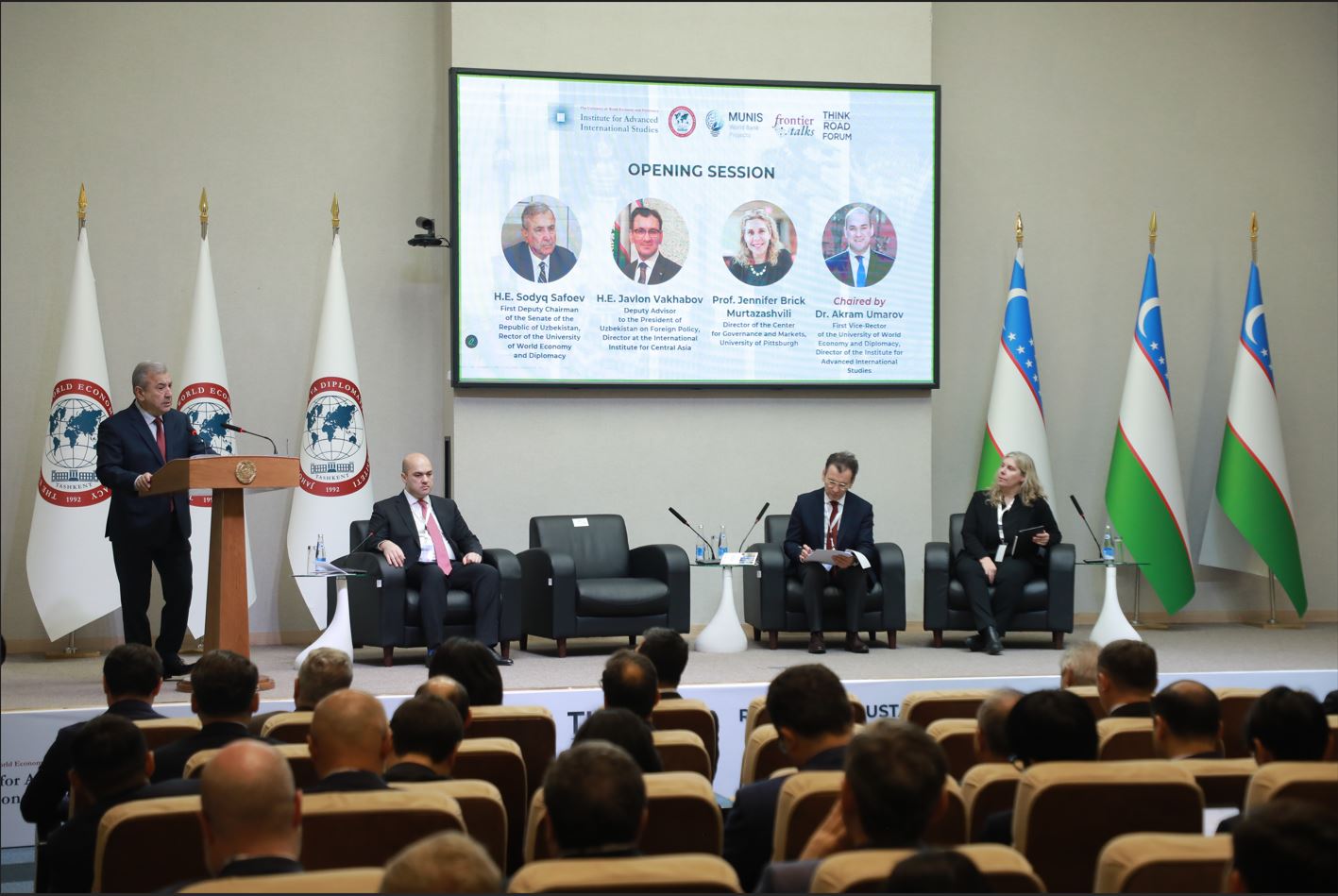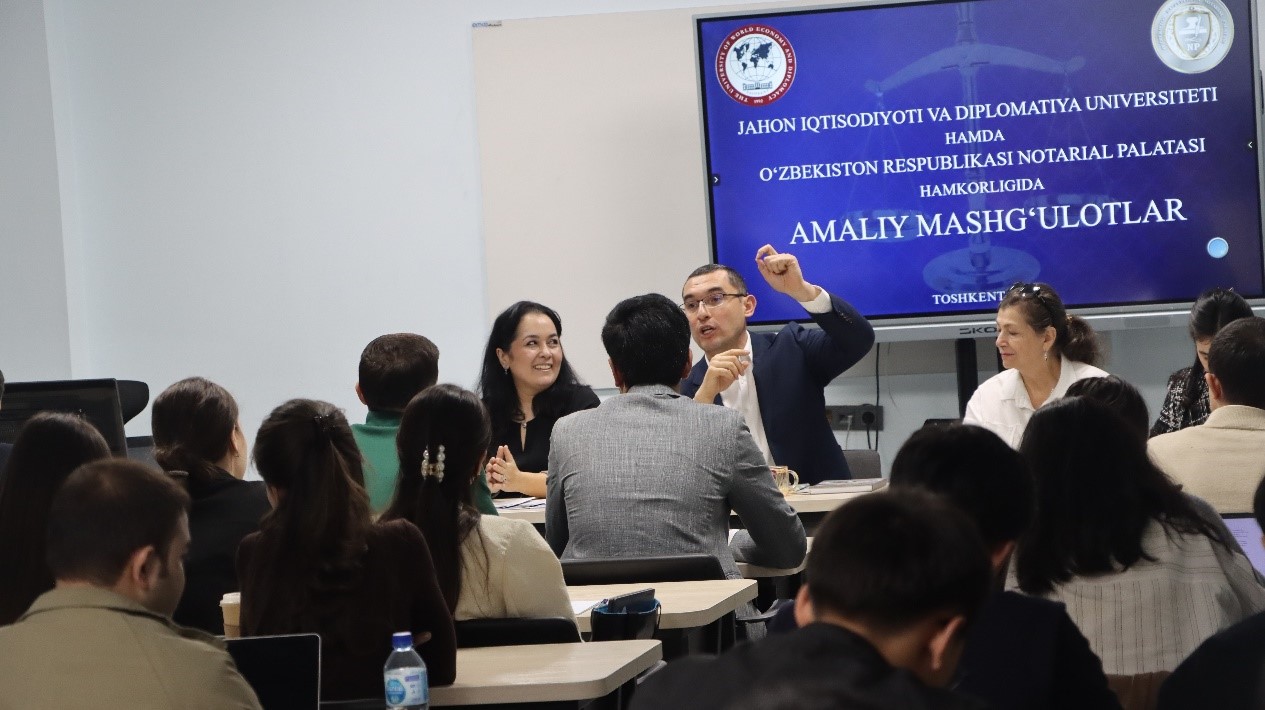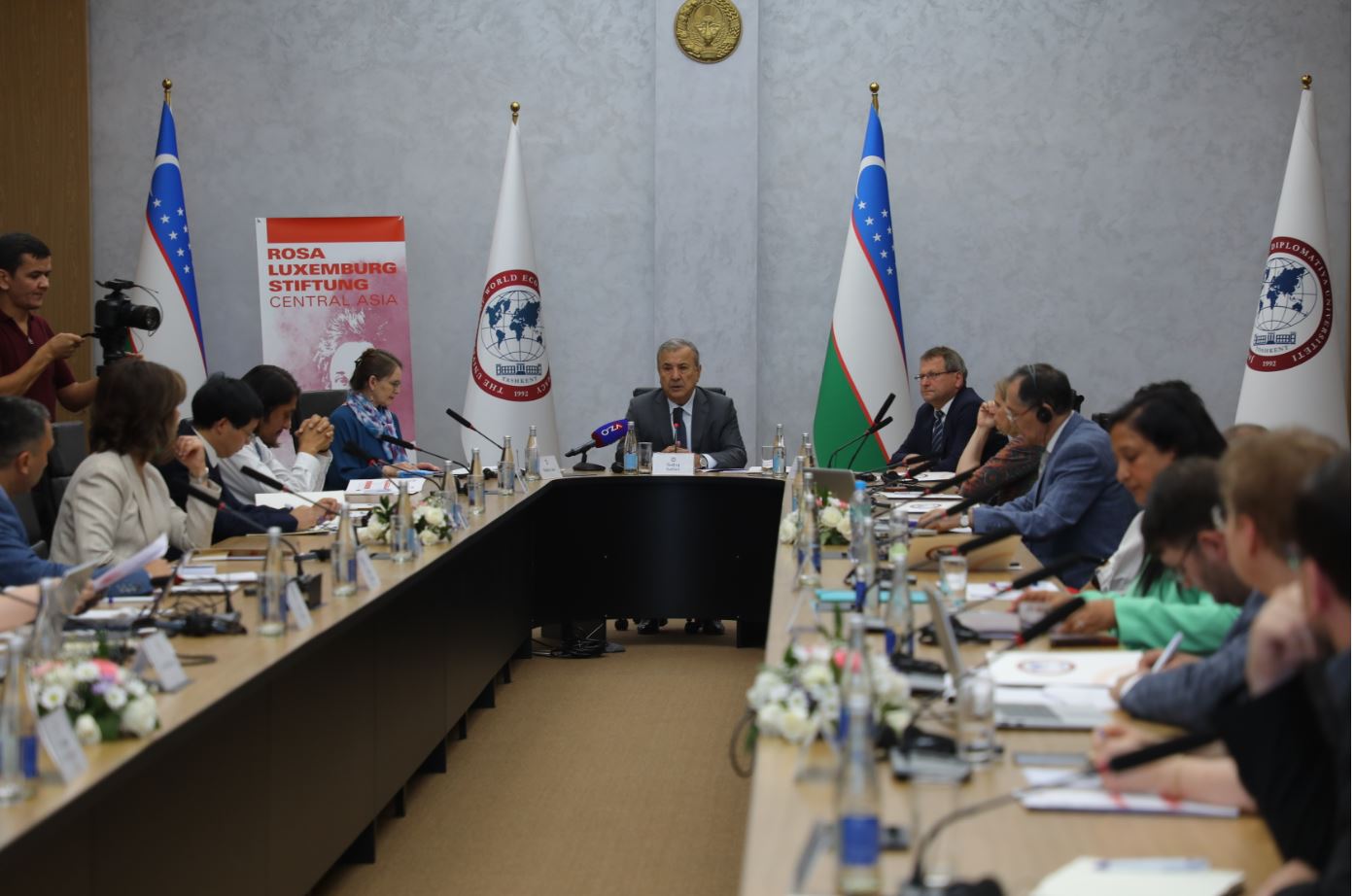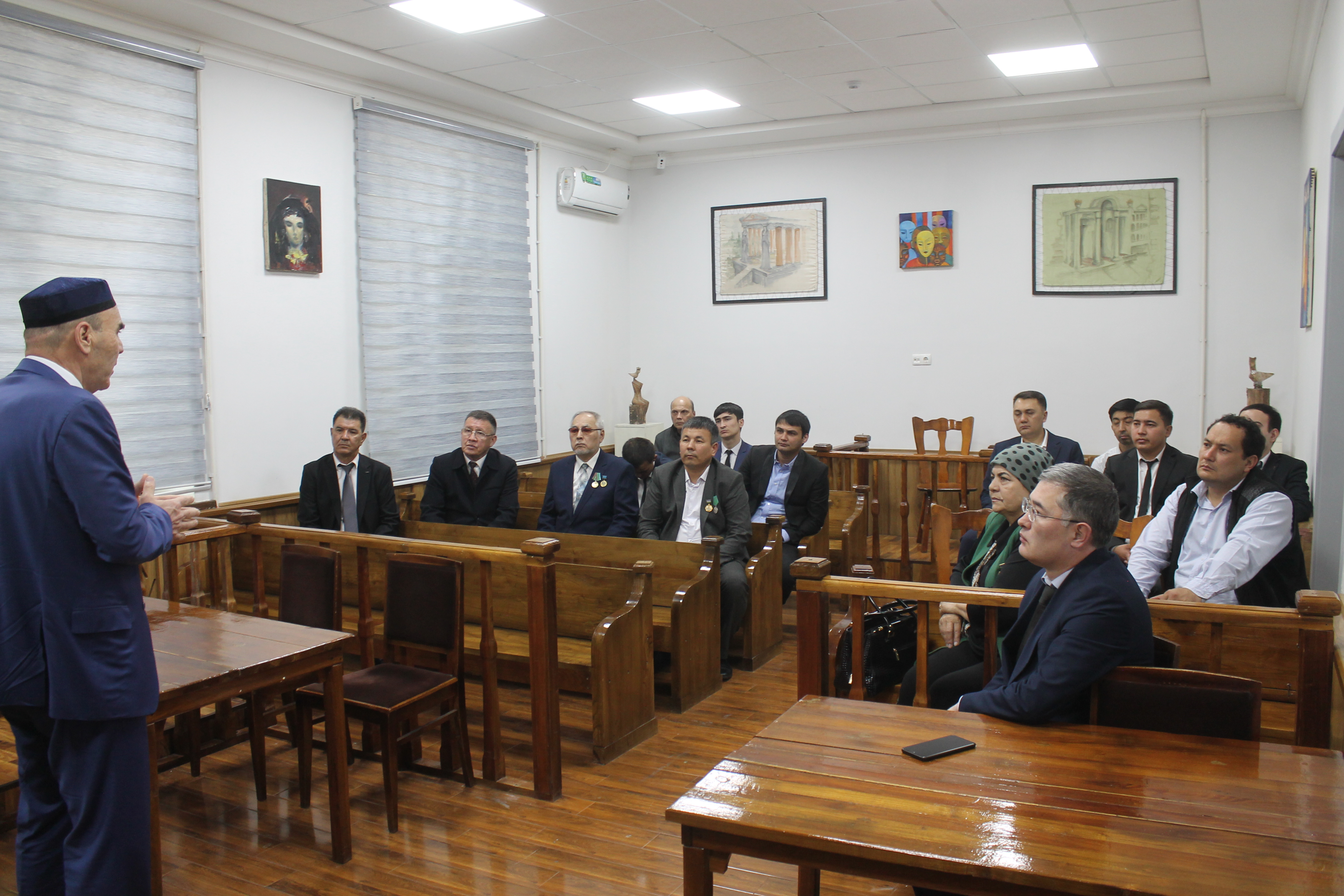
A training was held at the University of World Economy and Diplomacy as part of a project to promote Uzbekistan’s accession to the WTO
A training was held at the University of World Economy and Diplomacy as part of a project to promote Uzbekistan’s accession to the WTO
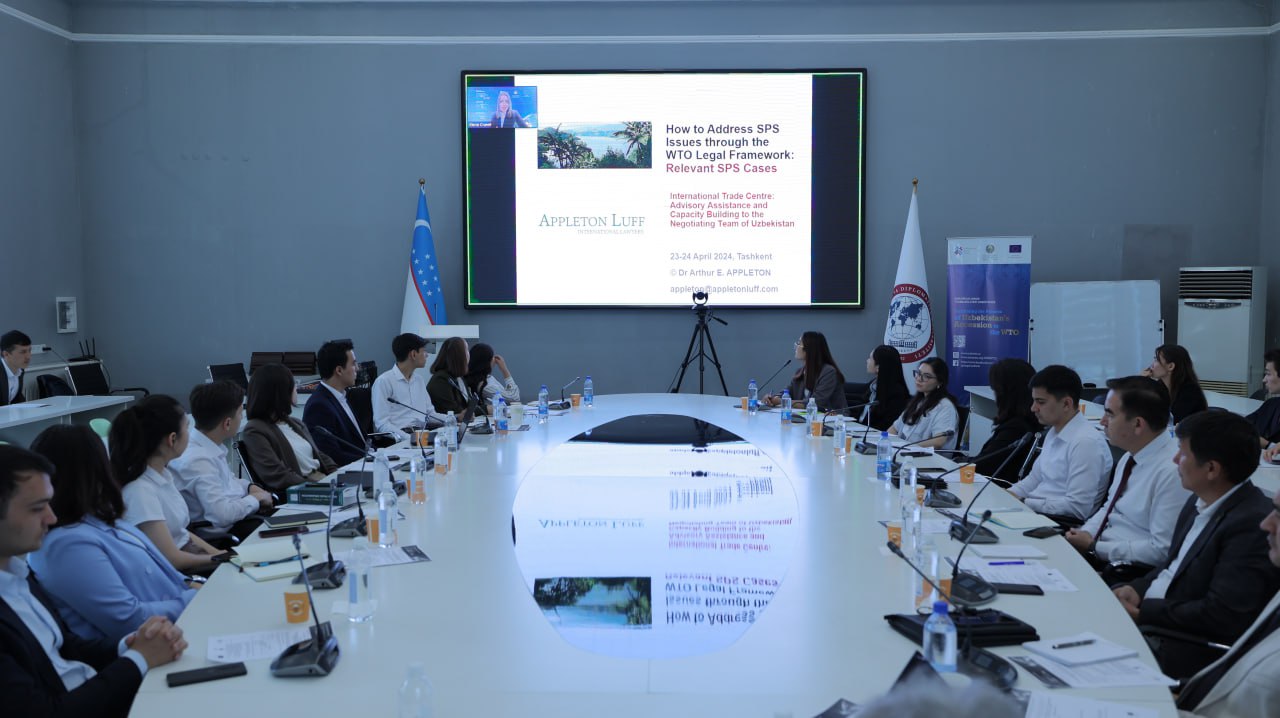
On April 23 and 24 of this year, the University of World Economy and Diplomacy hosted courses on sanitary and phytosanitary measures (SPS) and technical barriers to trade (TBT), organized as part of a project designed to facilitate the process of Uzbekistan’s accession to the World Trade Organization (WTO).
The event was organized by the Faculty of International Law of the UWED with the International Trade Center (ITC), located in Geneva and a joint agency of the WTO and the UN.
The leading expert of the course was Arthur Appleton, ITC senior consultant in these areas.
The course program focused on the principles, scope and obligations of the SPS and TBT Agreement, and their impact on international trade, including the impact on market access and trade opportunities.
The audience of the course included representatives of ministries and departments of the republic, trade negotiators, specialists in the agricultural and other industries involved in SPS and TBT issues, as well as stakeholders involved in the process of Uzbekistan’s accession to the WTO.
For information: Arthur Appleton is Associate Professor of International Law at the Johns Hopkins University School of Advanced International Studies in Bologna (SAIS-Europe) and one of the founders of Appleton Luff - International Lawyers. He has more than 30 years of experience in the field of international trade law, working with individual states, international organizations and companies.

